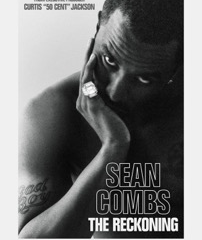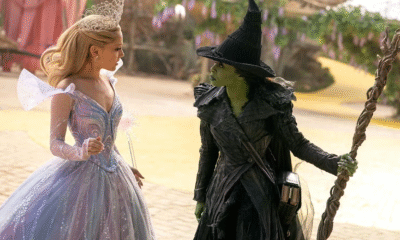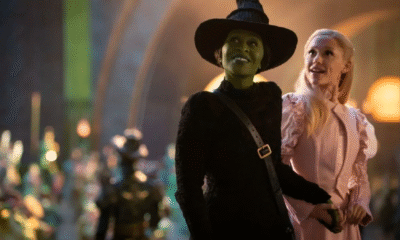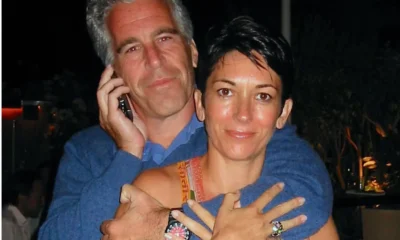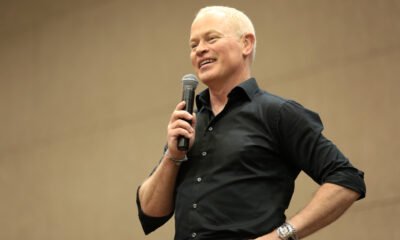Entertainment
Chloe Bailey on Selling Her Soul, Industry Struggles, and “Sinners”
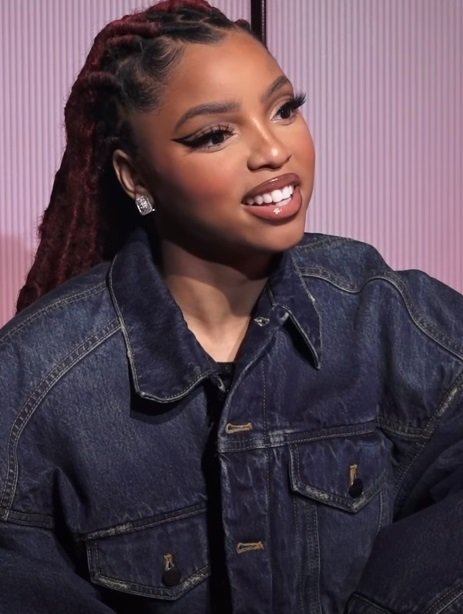
Chloe Bailey has publicly addressed the pressures and moral complexities of the music industry, drawing powerful parallels to the film Sinners and reflecting on the daily challenges faced by artists who consciously choose not to “sell out.”

The “Sinners” Parallel: Talent, Temptation, and Staying True
On a recent livestream, Chloe Bailey spoke candidly about how deeply Sinners resonated with her. In the movie, the main character is an exceptionally talented musician whose guitar playing uplifts and honors his ancestors, yet his gifts attract dark forces. For him to achieve lasting success and immortality through his music, he’s pressured to “sell out” and give in to the vampires, a metaphor for industry exploitation and the temptations artists face.
Chloe explained:
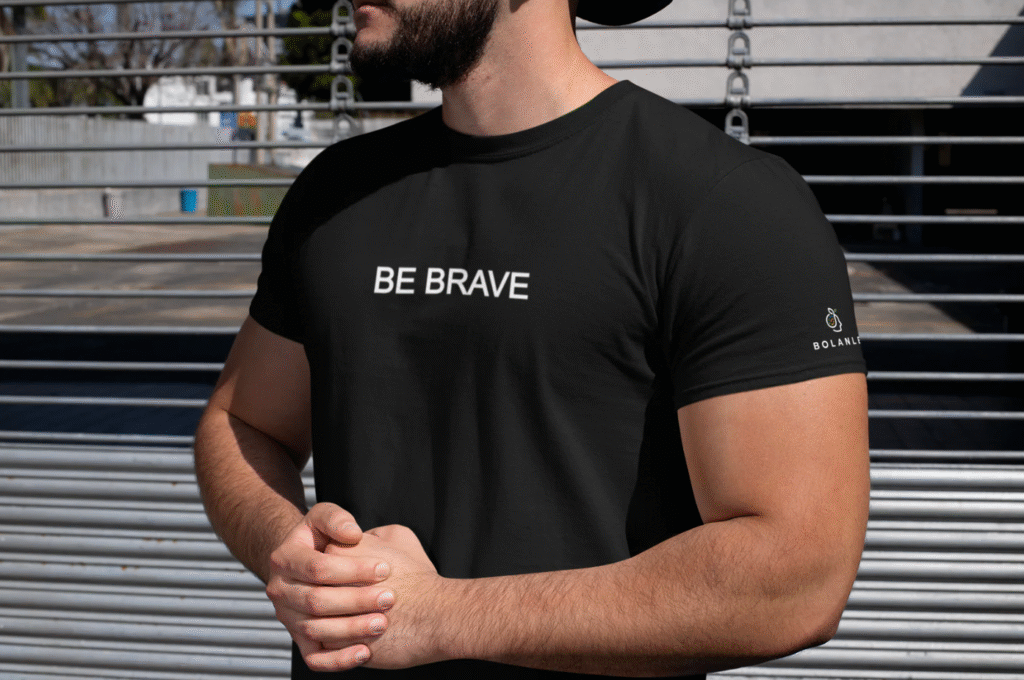
Refusing to “Sell Her Soul” in the Industry
Chloe Bailey has repeatedly stated she will not “sell her soul” for industry success, despite intense pressure. She has gone live to denounce rumors of occult involvement or “selling out,” clarifying that her passion for music and spirituality drives her—not the desire for fame at any cost.

- Chloe has addressed accusations directly: “One moment you all say that I talk about God too much, and the next you say I’m selling my soul. Which is it, my loves? … I didn’t sell my soul, no. … I love God so much, and I love music, and I just have a lot of passion. That’s it.”
- She emphasizes that real, lasting fulfillment comes from staying true to her values, not chasing shortcuts or compromising her soul for quick rewards.

Daily Struggles for Artists Not “Going to the Other Side”
Chloe’s journey shows the exhausting daily battles of artists who refuse to compromise:
- Mental Health: Chloe has been open about the toll that constant criticism and speculation take on her mental health, from anxiety to bouts of self-doubt and depression. She credits music, faith, and family for helping her stay grounded and resist negative industry forces.
- Industry Exploitation: She’s spoken honestly about how the music business can be unforgiving, with real financial success often coming only to those who sign brand deals or tour—while the business side can easily take advantage of earnest artists.
- Pressure to Conform: Chloe recognizes that contemporary music is shaped by powerful gatekeepers, and standing firm in her values can mean slower progress, harsher judgment, and extra effort for every win.
As Chloe describes it, while those who “give in” may rise quickly and enjoy perks, those who hold out for artistic and personal integrity endure more obstacles and isolation: “No matter how hard you work, no matter how good of a person that you are, no matter how talented you are, sometimes that’s not enough to get you places that you need to be.”
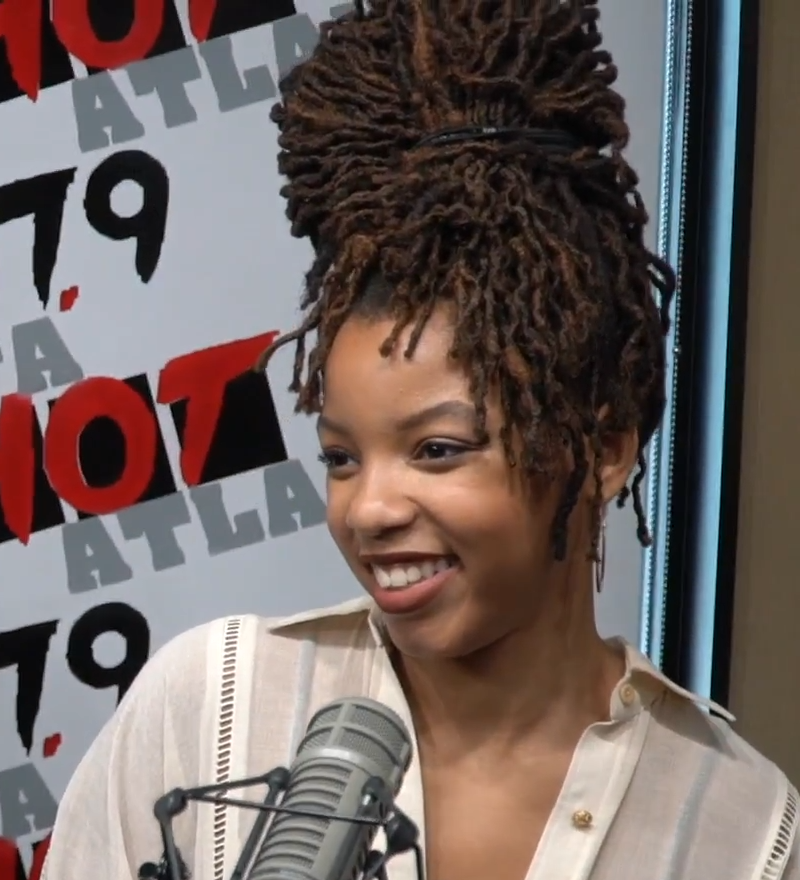
Why Her Story Resonates
Chloe’s transparency and persistence have made her a voice for artists navigating faith, ambition, and survival in a morally complex entertainment landscape. Her willingness to speak about these challenges—while drawing from films like Sinners—offers both a warning and inspiration to others who refuse to “go to the other side” despite the costs.
Entertainment
What We Can Learn Inside 50 Cent’s Explosive Diddy Documentary: 5 Reasons You Should Watch
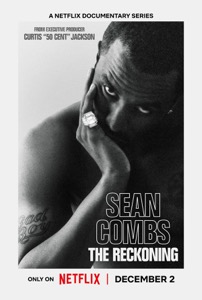
50 Cent’s new Netflix docuseries about Sean “Diddy” Combs is more than a headline-grabbing exposé; it is a meticulous breakdown of how power, celebrity, and silence can collide in the entertainment industry.
Across its episodes, the series traces Diddy’s rise, the allegations that followed him for years, and the shocking footage and testimonies now forcing a wider cultural reckoning.

1. It Chronicles Diddy’s Rise and Fall – And How Power Warps Reality
The docuseries follows Combs from hitmaker and business icon to a figure facing serious criminal conviction and public disgrace, mapping out decades of influence, branding, and behind-the-scenes behavior. Watching that arc shows how money, fame, and industry relationships can shield someone from scrutiny and delay accountability, even as disturbing accusations accumulate.

2. Never-Before-Seen Footage Shows How Narratives Are Managed
Exclusive footage of Diddy in private settings and in the tense days around his legal troubles reveals how carefully celebrity narratives are shaped, even in crisis.
Viewers can learn to question polished statements and recognize that what looks spontaneous in public is often the result of strategy, damage control, and legal calculation.
3. Survivors’ Stories Highlight Patterns of Abuse and Silence
Interviews with alleged victims, former staff, and industry insiders describe patterns of control, fear, and emotional or physical harm that were long whispered about but rarely aired in this detail. Their stories underline how difficult it is to speak out against a powerful figure, teaching viewers why many survivors delay disclosure and why consistent patterns across multiple accounts matter.
4. 50 Cent’s Approach Shows Storytelling as a Tool for Accountability
As executive producer, 50 Cent uses his reputation and platform to push a project that leans into uncomfortable truths rather than protecting industry relationships. The series demonstrates how documentary storytelling can challenge established power structures, elevate marginalized voices, and pressure institutions to respond when traditional systems have failed.
5. The Cultural Backlash Reveals How Society Handles Celebrity Accountability
Reactions to the doc—ranging from people calling it necessary and brave to others dismissing it as a vendetta or smear campaign—expose how emotionally invested audiences can be in defending or condemning a famous figure. Watching that debate unfold helps viewers see how fandom, nostalgia, and bias influence who is believed, and why conversations about “cancel culture” often mask deeper questions about justice and who is considered too powerful to fall.
Entertainment
South Park’s Christmas Episode Delivers the Antichrist

A new Christmas-themed episode of South Park is scheduled to air with a central plot in which Satan is depicted as preparing for the birth of an Antichrist figure. The premise extends a season-long narrative arc that has involved Satan, Donald Trump, and apocalyptic rhetoric, positioning this holiday episode as a culmination of those storylines rather than a stand‑alone concept.
Episode premise and season context
According to published synopses and entertainment coverage, the episode frames the Antichrist as part of a fictional storyline that blends religious symbolism with commentary on politics, media, and cultural fear. This follows earlier Season 28 episodes that introduced ideas about Trump fathering an Antichrist child and tech billionaire Peter Thiel obsessing over prophecy and end‑times narratives. The Christmas setting is presented as a contrast to the darker themes, reflecting the series’ pattern of pairing holiday imagery with controversial subject matter.
Public and political reactions
Coverage notes that some figures connected to Donald Trump’s political orbit have criticized the season’s portrayal of Trump and his allies, describing the show as relying on shock tactics rather than substantive critique. Commentators highlight that these objections are directed more at the depiction of real political figures and the show’s tone than at the specific theology of the Antichrist storyline.
At the time of reporting, there have not been widely reported, detailed statements from major religious leaders focused solely on this Christmas episode, though religion-focused criticism of South Park in general has a long history.
Media and cultural commentary
Entertainment outlets such as The Hollywood Reporter, Entertainment Weekly, Forbes, Slate, and USA Today describe the Antichrist arc as part of South Park’s ongoing use of Trump-era and tech-world politics as material for satire.
Viewer guidance and content advisory
South Park is rated TV‑MA and is intended for adult audiences due to strong language, explicit themes, and frequent use of religious and political satire. Viewers who are sensitive to depictions of Satan, the Antichrist, or parodies involving real political figures may find this episode particularly objectionable, while others may view it as consistent with the show’s long‑running approach to controversial topics. As with previous episodes, individual responses are likely to vary widely, and the episode is best understood as part of an ongoing satirical series rather than a factual or theological statement.
Entertainment
Sydney Sweeney Finally Confronts the Plastic Surgery Rumors

Sydney Sweeney has decided she is finished watching strangers on the internet treat her face like a forensic project. After years of side‑by‑side screenshots, “then vs now” TikToks, and long comment threads wondering what work she has supposedly had done, the actor is now addressing the plastic surgery rumors directly—and using them to say something larger about how women are looked at in Hollywood and online.

Growing Up on Camera vs. “Before and After” Culture
Sweeney points out that people are often mistaking normal changes for procedures: she grew up on camera, her roles now come with big‑budget glam teams, and her body has shifted as she has trained, aged, and worked nonstop. Yet every new red‑carpet photo gets folded into a narrative that assumes surgeons, not time, are responsible. Rather than walking through a checklist of what is “real,” she emphasizes how bizarre it is that internet detectives comb through pores, noses, and jawlines as if they are owed an explanation for every contour of a woman’s face.
The Real Problem Isn’t Her Face
By speaking up, Sweeney is redirecting the conversation away from her features and toward the culture that obsesses over them.
She argues that the real issue isn’t whether an actress has had work done, but why audiences feel so entitled to dissect her body as public property in the first place.
For her, the constant speculation is less about curiosity and more about control—another way to tell women what they should look like and punish them when they do not fit. In calling out that dynamic, Sweeney isn’t just defending herself; she is forcing fans and followers to ask why tearing apart someone else’s appearance has become such a popular form of entertainment.

 Entertainment2 weeks ago
Entertainment2 weeks agoWicked Sequel Disappoints Fans: Audience Verdict on For Good

 News3 weeks ago
News3 weeks agoYolanda Adams Questions Traditional Views on God’s Gender, Audience Reacts

 Entertainment2 weeks ago
Entertainment2 weeks agoAriana & Cynthia Say They’re in a ‘Non‑Demi Curious, Semi‑Binary’ Relationship… WTF Does That Even Mean?

 News3 weeks ago
News3 weeks agoEpstein Files to Be Declassified After Trump Order

 News4 weeks ago
News4 weeks agoTrump Throws Epstein Files at Clinton’s Door

 Entertainment4 weeks ago
Entertainment4 weeks agoAriana Grande’s Red Carpet: When Fans Forget Boundaries

 Entertainment4 weeks ago
Entertainment4 weeks agoHollywood’s Kiss or Miss Policy: Why Saying No Got Neal McDonough Blackballed

 Entertainment3 weeks ago
Entertainment3 weeks agoJimmy Cliff, Reggae Legend and Star of ‘The Harder They Come,’ Dies at 81






